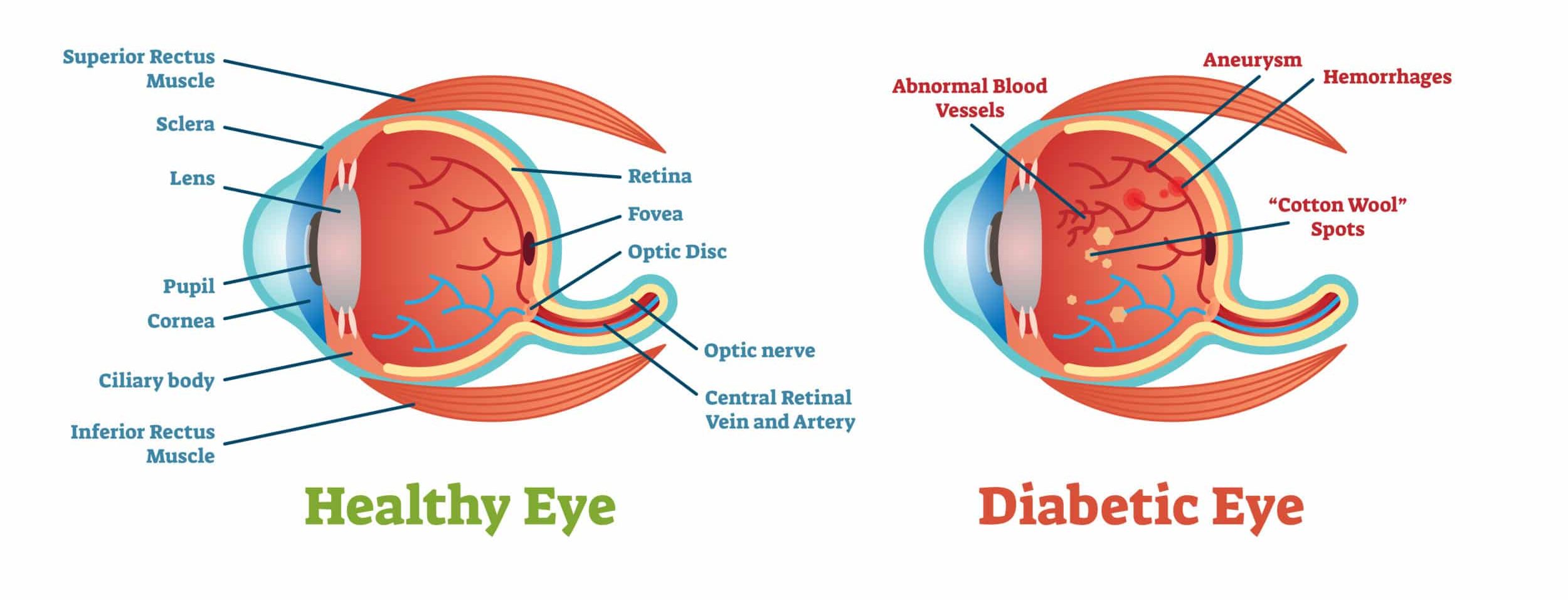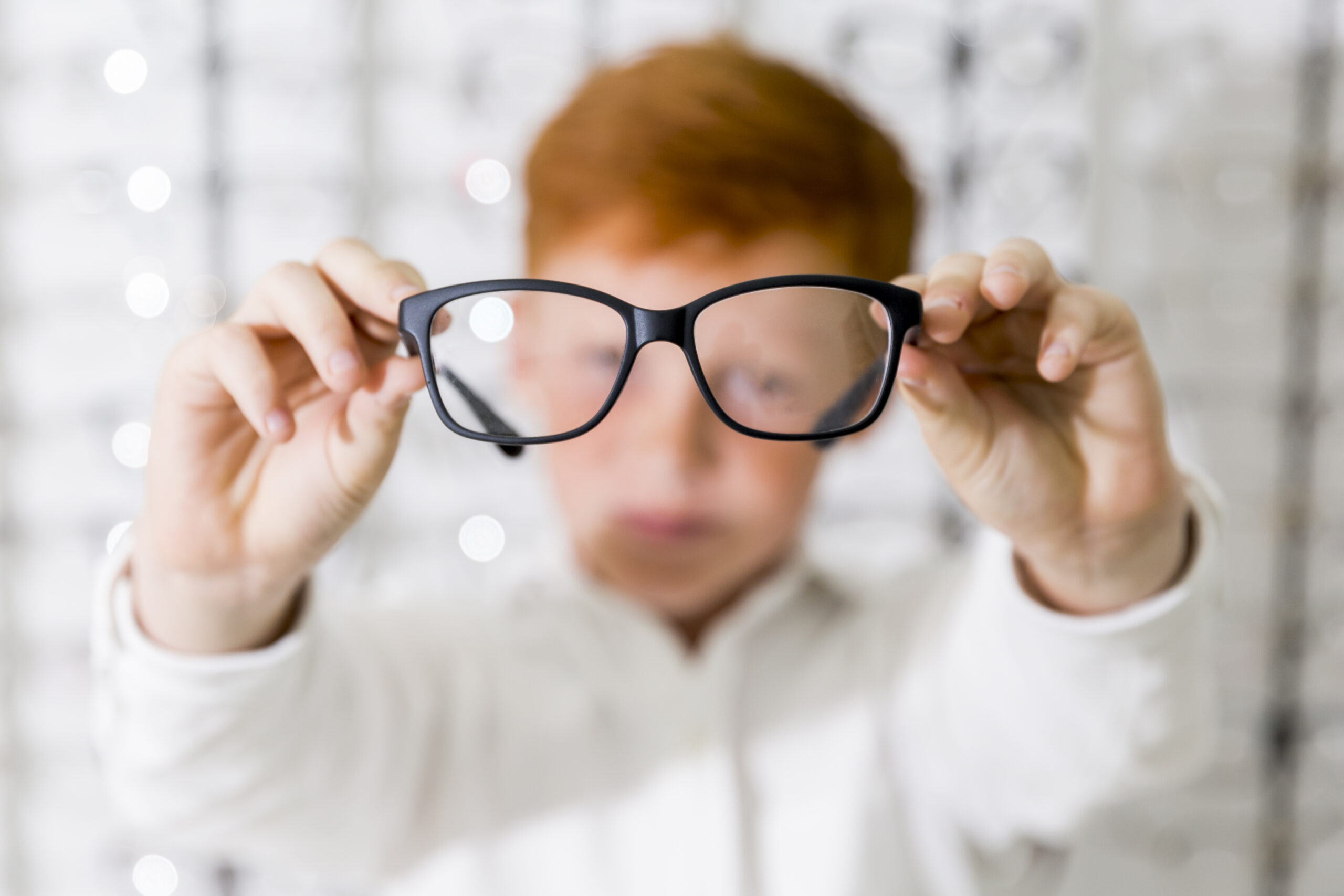
What Are the Eye Issues You May face in Winter?
As the winter season brings with it colder temperatures and drier air, many people find themselves facing a range of health challenges, including issues related to eye health. While winter has its own unique charm, it can also present certain eye problems that deserve attention. In this blog, we will explore common eye problems you may encounter during the winter months and how to protect your vision during this chilly season.
- Dry Eyes
Dry eyes are a prevalent issue during the winter months. The combination of cold, dry outdoor air and heated indoor spaces can lead to decreased humidity levels, causing the tear film on your eyes to evaporate more quickly. This can result in symptoms such as itching, burning, redness, and a gritty feeling in the eyes.
Prevention and Management:
- Use a humidifier indoors to maintain a comfortable humidity level.
- Blink regularly to distribute tears evenly over the surface of your eyes.
- Stay hydrated by drinking plenty of water.
- Artificial tears or lubricating eye drops can provide relief and help maintain moisture.
- Redness and Irritation
The winter wind and cold temperatures can cause irritation and redness in your eyes. This is often due to the eyes’ natural response to cold and dry conditions, which includes increased tear production and blood vessel dilation.
Prevention and Management:
- Protect your eyes from cold wind by wearing sunglasses or glasses with wraparound frames.
- Use artificial tears to keep your eyes moist.
- Avoid rubbing your eyes, as this can exacerbate irritation.
- Sun Glare and Snow Blindness
Winter’s reflective surfaces, such as snow and ice, can intensify sunlight and glare. Extended exposure to bright sunlight without proper eye protection can lead to a condition known as snow blindness, which is essentially a sunburn of the eye’s cornea. To prevent this, wear sunglasses that block 100% of UVA and UVB rays when spending time outdoors in snowy conditions.
Prevention:
- Always wear high-quality sunglasses or goggles that offer UV protection when spending time outdoors in snowy conditions.
- Cover your eyes with a wide-brimmed hat or a hood.
- Allergies
Although allergies are often associated with spring and summer, they can also occur during winter. Indoor allergens like dust mites, mold, and pet dander can be more concentrated due to closed windows and heating systems, leading to eye allergy symptoms such as itching, redness, and watery eyes.
Prevention and Management:
- Keep indoor spaces clean and well-ventilated.
- Use allergen-proof covers for pillows and mattresses.
- Consider using air purifiers to reduce indoor allergens.
- Over-the-counter antihistamine eye drops can provide relief.
- Contact Lens Discomfort
Wearing contact lenses during winter can be more challenging due to dry indoor air and windy outdoor conditions. Contact lens wearers may experience increased discomfort, dryness, and irritation.
Prevention and Management:
- Use rewetting drops specifically designed for contact lenses.
- Consider switching to daily disposable lenses during the winter months.
- Follow your eye care professional’s advice for contact lens care and maintenance.
- Digital Eye Strain
During winter, people tend to spend more time indoors, often on digital devices for work or entertainment. This can lead to digital eye strain, characterized by symptoms like eye fatigue, blurred vision, and headaches. To alleviate digital eye strain, take regular breaks, blink often, and ensure proper lighting and ergonomics while using screens.
Conclusion
While winter brings its own set of joys and challenges, it’s crucial not to neglect your eye health during this season. By taking proactive steps to protect your eyes from the cold, dry conditions, and being aware of potential winter-related eye problems, you can enjoy the winter season with clear and comfortable vision. If you experience persistent eye issues or discomfort, don’t hesitate to consult our Best Ophthalmologist in Hyderabad for guidance and treatment.
If you’re looking for Best Eye care Hospital in Hyderabad to address your eye concerns, make a visit to the nearby Abhinav Eye Care & Laser Centre, The Best Eye Hospital in Telangana. We’d be delighted to provide you with additional information on winter eye care.





